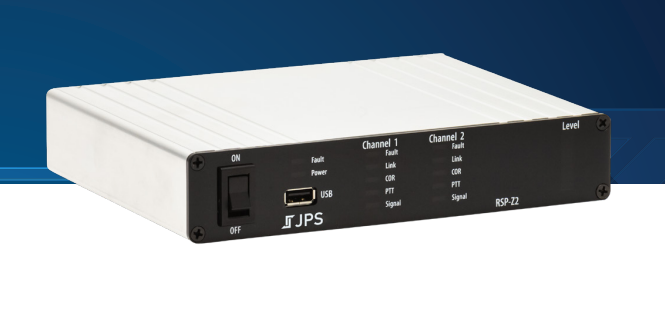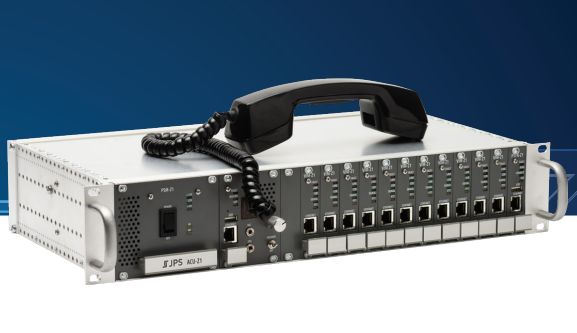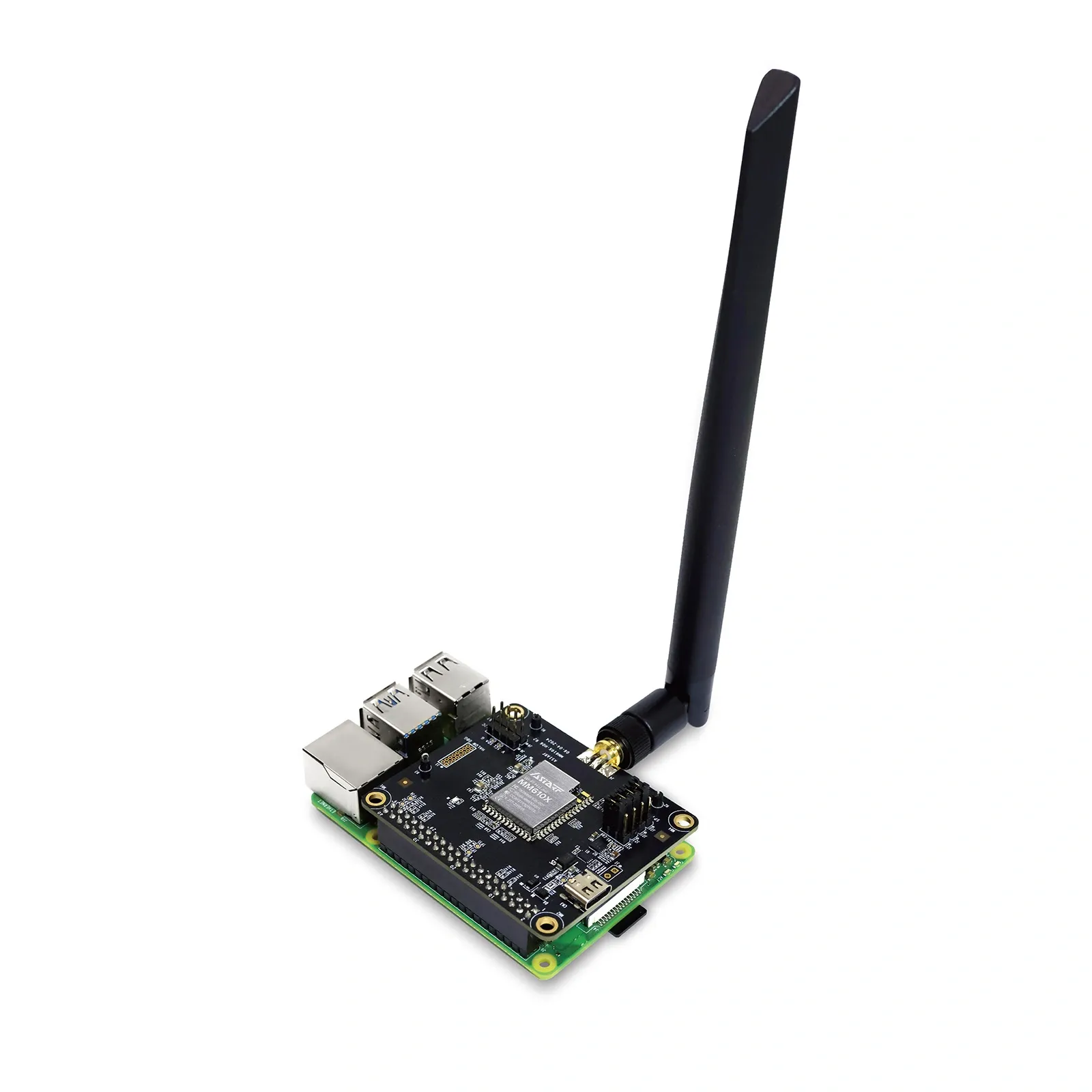internet protocol
interoperability
military communications
PoC radio
radio over IP
dual-channel interoperability gateway, emergency communications gateway, JPS interoperability, PoC integration, public safety communications, radio dispatch integration, radio network bridging, radio over IP, radio VoIP converter, RoIP gateway, RSP-Z2, SIP radio patching, trunked radio interoperability, wide area radio system, Z-Series Controller integration
9M2PJU
0 Comments
RSP-Z2: A Next-Generation Dual-Channel Interoperability Gateway
Communications environments today often involve a mix of analog radios, IP-based networks, dispatch systems, and Push-to-Talk over Cellular (PoC) platforms. Ensuring that these different communication systems can talk to each other smoothly is critical—especially for public safety, military, government, utilities, and industrial operations.
The RSP-Z2 is designed specifically for this challenge. It provides powerful, flexible audio patching between local radio networks and IP-based communication systems, allowing seamless interoperability across agencies, locations, and device types.
What the RSP-Z2 Does
The RSP-Z2 connects and bridges audio across:
- Traditional analog radios
- SIP and VoIP-based communications
- Push-to-Talk over Cellular applications
- RoIP (Radio over IP) networks
- Wide-area radio systems controlled via JPS Z-Series
This dual-channel gateway supports both local and remote communication resources and includes built-in tools for patching, monitoring, and system configuration.
Key Features
1. Versatile Connectivity
The RSP-Z2 supports:
- Radio interfaces and 4-wire circuits
- SIP devices and VoIP endpoints
- PoC applications and mobile broadband PTT systems
- RTP and RoIP audio streaming services
This flexibility makes it easy to integrate legacy radio networks with modern digital communication platforms.
2. Easy Network Integration
Whether used as a standalone unit or part of a wide-area system, the RSP-Z2 offers:
- Single Ethernet port operation
- NTP time synchronization
- Resource-specific tuning for optimal audio clarity
3. Simple Audio Patching
Users can choose from preset audio patching modes:
- Independent Passthrough
- Cross-Connect
- Cross-Connect with Backhaul
A customizable mode allows advanced setups including monitoring-only streams and multi-site interoperability.
4. Smart Trunking Performance
The unit features Adaptive Transmit Delay, a patented technology that ensures smooth audio handling specifically designed for trunked radio systems—reducing clipping and improving clarity.
5. Built for Wide-Area Control
When connected to a Z-Series Controller, all RSP-Z2 resources automatically appear for centralized management and unified system administration.
User-Friendly Interface
The RSP-Z2 includes a fully web-based GUI accessible from laptops, tablets, or smartphones. Users can:
- Configure resources
- Create or modify patches
- View live status indicators
- Monitor audio streams
Context-sensitive help guidance is built in, reducing training time and minimizing setup errors.
Additional Capabilities
- Supports wired and wireless USB headsets
- Compatible with standard JPS radio interface cables
- Optional encryption available for secure RoIP and talkpaths
- Supports up to four recorder channels for logging and compliance
Typical Applications
The RSP-Z2 is ideal for:
- Public safety and emergency response interoperability
- Federal and defense communication networks
- Municipal and statewide radio infrastructure
- Utility, transportation, and industrial communication control rooms
- Cross-agency joint operations and dispatch centers
Technical Highlights (Summary)
| Spec | Details |
|---|---|
| Size | 1.5”H × 7.75”W × 6.5”D, approx. 0.9 kg |
| Power | 12 VDC (adapter included) |
| Interfaces | Balanced input, unbalanced output |
| Supported Codecs | GSM, G.711 μ-Law/a-Law, Opus (multiple bitrates) |
Final Thoughts
The RSP-Z2 brings reliability, interoperability, and scalability to modern communication environments. Whether used on its own or as part of a larger coordinated system, it provides organizations with a powerful tool to unify radio and IP-based communication resources—improving response coordination, situational awareness, and operational efficiency.







Post Comment